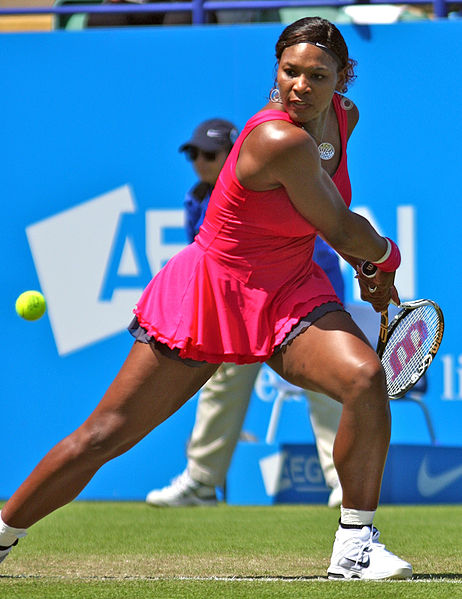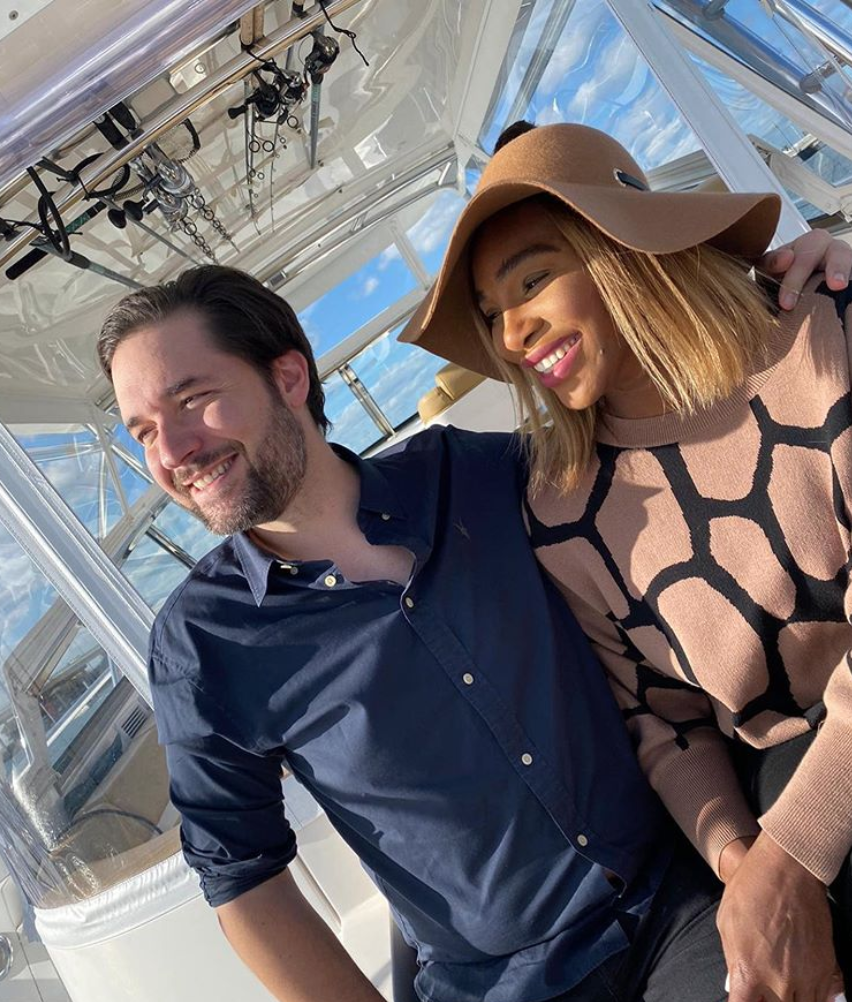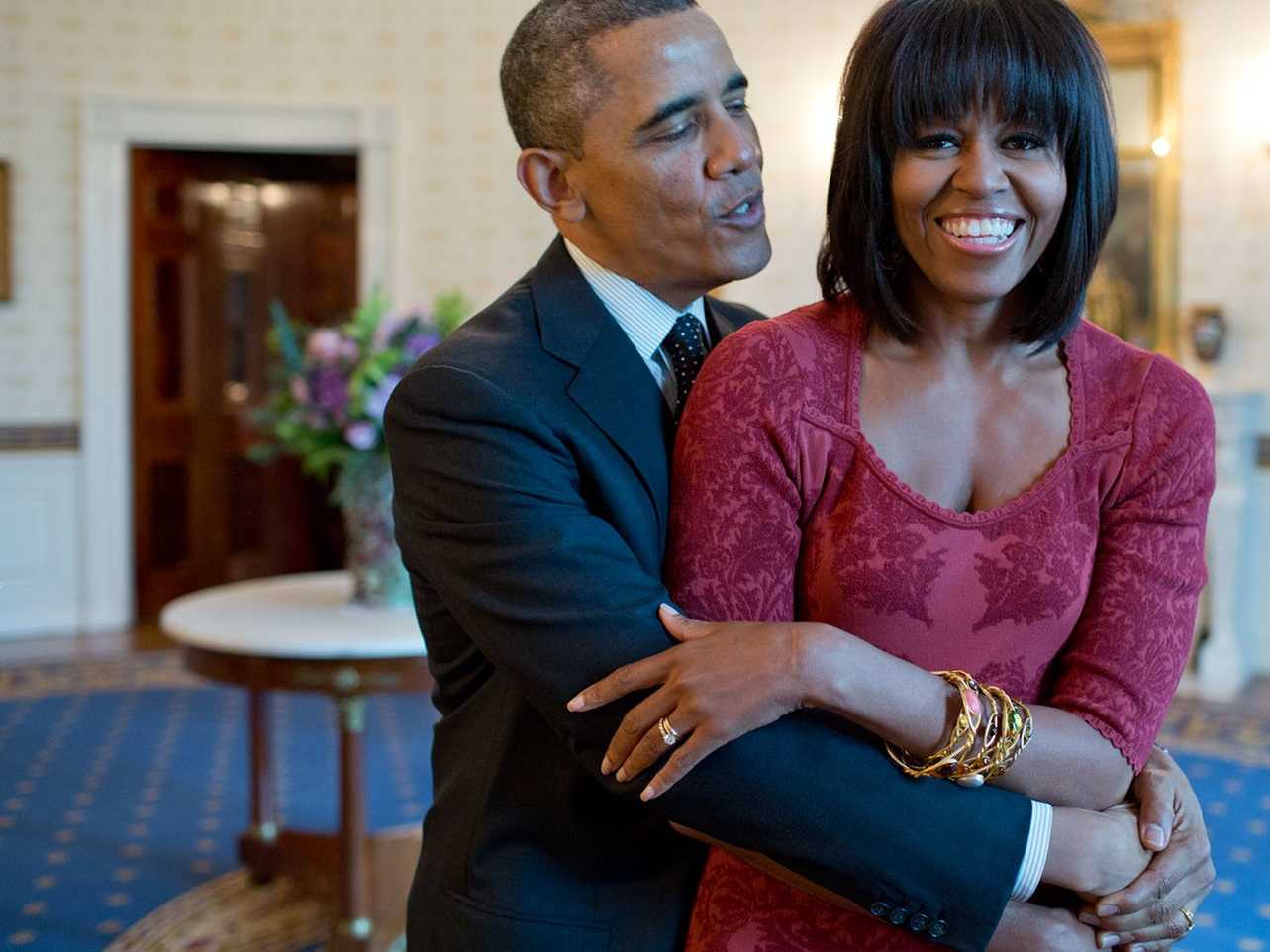An honest look at woman’s quest for love, in the age of rising feminine power. Do we trade love for power– or can we get both?
Would you rather have love or power?
In Greek myth, the goddesses of Mount Olympus were rarely loved. They were lusted. They were tricked. They were possessed… often even subdued. But rarely were they loved.

Take Zeus, the omnipotent sky God and Patriarch of Mount Olympus. Zeus forced himself on Hera in order to shame her into marrying him— and then humiliated her throughout their union by taking on countless consorts. He swallowed Metis, his then pregnant lover (whose name means cunning wisdom) after it was prophesied that she’d deliver a son smart and powerful enough to overthrow him, and disguising himself as a white bull, he even deceived, abducted and raped Europa, a story that to this day is ubiquitous in the European Union.
Even the goddess Persephone’s rise as Queen of the underworld comes only after her husband, the chthonian God Hades attacks and kidnaps her, forcing her to live with him for half the year.
The goddesses of Mount Olympus loved their Gods, often in spite of the abuse, but rarely were they loved or revered in return. Figuratively speaking, they were the women who tithed while their men preached. They had power, ruling over their limited domains, and they had men–but not love.
These stories matters because the Greco-Roman mythological tradition is the archetypal blueprint for Western patriarchal society. These myths assisted the decline of ancient matrilineal, goddess-revering societies, and they continue to exert a powerful pull on the collective unconscious–shaping our worldview, gender norms, and the ways in which conceptualize and actualize love.
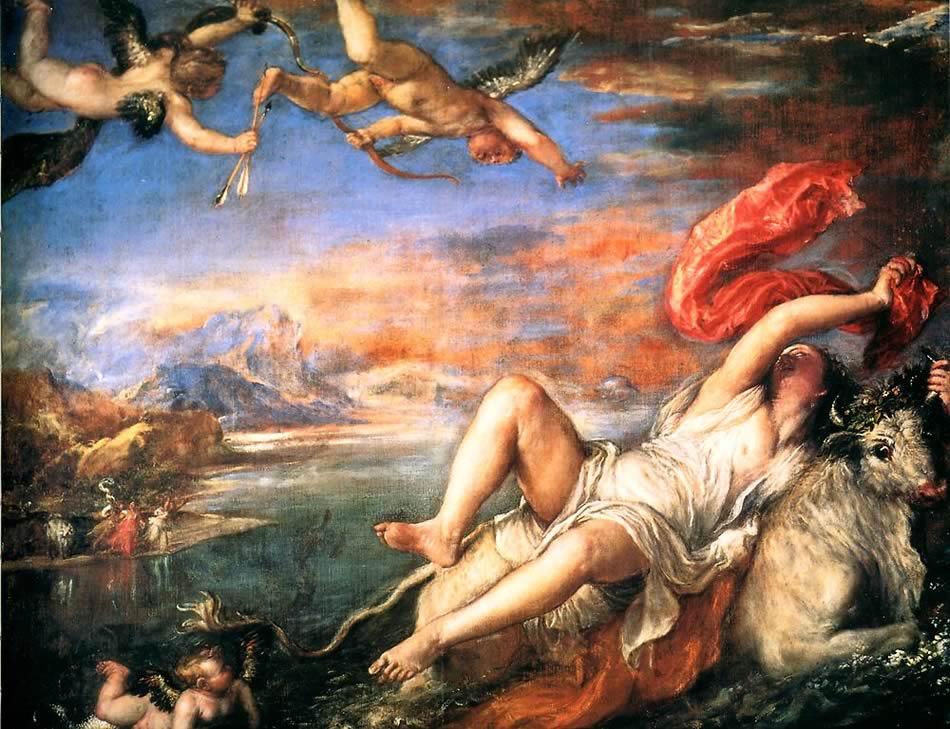
The imbalanced, exploitative relationships of Mt. Olympus were a prelude to the romantic conflicts that pervade Western society to this day. In fact, I am convinced that much of the women’s movement of the 20th century was not just an effort to get equal power, but also equal love.
But equal love is hard.
Equal love is hard to achieve in a society that conditions men to resist emotion while conditioning women to seek it at all costs. Equal love is hard when we equate masculinity with domination, teaching men they have certain rights over a woman’s body and it’s hard when we assume that women are just ‘better at love’.
Game. Set. Match. Maybe Love.
I began thinking about our cultural conditioning and our expectations for heterosexual love, while reading a controversial ‘think-piece’ published in Slate Magazine.
In the article, writer Heather Schwedel says Alexis O’hanian, Reddit founder and husband to tennis champion Serena Williams, is ‘performing’ love for likes on social media.
O’hanian, who once commissioned a string of billboards along a California highway to welcome his wife back to tennis after her life-threatening pregnancy, is known for his public displays of affection. But rather than elicit a nod of approval, the author calls his efforts a “baroque and labor-intensive domestic charade” selfishly designed to solicit praise for “killing the feminist-husband game”.
This is what baffles me.
Everyday women erect emotional monuments to the men. We build towering edifices of love, sacrifice, longing, and grief.
Why is it so hard to believe that a man in love might erect a billboard?
Williams is the ultimate powerful woman, and, thanks to the cliché that men don’t want to be with women who are more successful than they are, it’s nice to see her with a partner who, despite being a (lesser) hotshot himself, seems happy to take a back seat to her career.”-Heather Schwedel, Slate
At first glance, Schwedel’s cynicism speaks to our broad cultural assumptions about womanhood, race, and who we deem worthy of love. She frames her argument in the same beauty politics that have haunted Serena’s career since its inception, joining the long list of detractors who depict Serena as too powerful, too masculine, and too brown for accolades, no less love.
(Women are supposed to win approval, not championships.)
But perhaps more covertly, and speaking to my original point, Schwedel’s misguided thoughts also mirror our own cultural expectations for women in heterosexual relationships– beliefs that undermine the female quest for fulfilling, unconditional, egalitarian love. We expect women to revere their men, but we’re a bit suspect when men do the same.
In order to reach communion, or mutual love and acceptance, both men and women have to first consider themselves equals, but patriarchies center around male domination and the assumption of male superiority, so herein lies the problem. In order for equal love to even have a chance, both men and women have to unlearn their most basic beliefs. We have to abandon the assumption that emotional withholding is masculine and that men are less than capable of love. We have to abandon the notion that women must make ourselves worthy of male love, and that arduous emotional and physical labor is the price we pay to keep that love. We have to discard the idea that women are objects of male desire, rather than agents of their own.
The Truth About 80/20 Relationships
There are few things as demoralizing as being in an emotionally unbalanced relationship– where one partner out-loves the other.
But this unequal distribution of emotional and physical labor is commonplace, particularly in modern heterosexual marriages where studies show that married men reap the benefits of their spouse’s emotional and physical labor in tangible ways. Overall, married men are happier, healthier, wealthier and have better sex than their single counterparts, where as married women experience adverse health effects unless they are highly satisfied in their marriage. I’d conjecture that these healthy, highly-satisfied wives are not burdened with performing the bulk of the emotional and physical labor. In fact, an AARP survey of 1147 men and women ages 40-79 who experienced a divorce in their 40s, 50s, or 60s, found that two thirds of women said they initiated the split.
These studies poke holes in our cultural assumptions about who benefits from marriage while supporting the idea that our cultural blueprint for love is flawed.
For the better part of modern history, marriage was an oppressive institution that regarded women as possessions, so in spite of our gains in the public sphere, remnants of that oppression still exist.
Women are working while carrying out the bulk of the household and child care duties. Women are still performing the bulk of the emotional labor. Women are enjoying the sexual liberation without the leverage the sex once offered in a culture that increasingly pressures women to engage in sex without investment or commitment. Our progress is benefiting men.
A 2009 National Bureau of Economics report sheds light on women’s perspective of marriage, suggesting that women in industrialized nations are experiencing a decline in overall happiness, inspite of epic gains in power– in large part, the report explains, due to the complexity of modern romantic relationships, modern marriage, and the endurance to oppressive female roles.
Empowerment has become the catch phrase of the 21st century, and maybe we are so focused on power because it seems more attainable than equal love.
And this is not to say that true love does not or can not exist in our current society—it often flourishes triumphantly, but the journey towards finding this mutually loving ‘communion’ is severely challenged by our cultural assumptions.
Love and Power are Not Mutually Exclusive
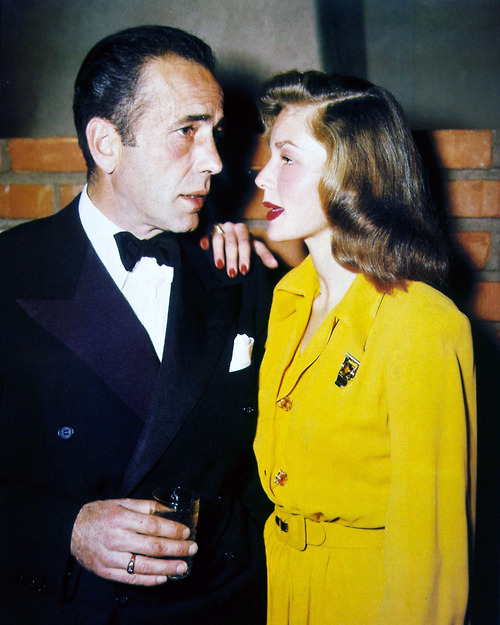
I have long been fascinated by women who excel in love and life– in fact that’s one of the many reasons I created this platform– to celebrate, and better yet, to understand them. For years, I’ve mined the biographies of phenomenal women with chutzpah, gall, and larger-than-life personas, — women like Josephine Baker, Cleopatra, Pamela Churchill Harriman, Lous Andreas Salome, Jeanne Moreau, Josephine Bonaparte, Eva Peron and Erykah Badu. These sirens, like Serena, also inspired the kind of love and devotion you can see from the highway.
And I realized something.
The common thread in all of their stories was not just romantic success. In fact way too much attention had been given to their romantic conquests — a reflection of our shallow tendency to define women by the powerful men who love them.
No, with time, I realized that romantic and worldly success go hand in hand — and neither have anything to do with looks, privilege, or ladylike behavior.
It’s mindset. Mindset is what catapults mortal women into the pantheon of living goddess.
Their lives and behavior aren’t defined by patriarchal mores and sexist social codes and their life trajectories are not determined by gender.
Mental liberation enables captivating women to form solid self-esteem, the kind we all find hard to resist. It frees them to live full, individuated lives, to know their worth, and to ultimately choose men who are willing and capable of doing the same. These women are confident, cool, and comfortable in their own skin and they understand how to love and be loved. They resist conformity, know their purpose, and play the field until they find the man (or men) best suited for their brand of love.
These women realize that they don’t have to choose between love and power. For them losing personal power is not the price we pay for winning love. These women prove that a loving power can attract a powerful love.
The women who win mutual, monumental love, aren’t just lucky victors in a flawed system. It’s not a matter of chance. They foil all systems of power by means of subversion and self-definition. They are indifferent to criticism and persecution and they give us a working example of what liberation looks like when paired with agency. They are the true progressives of our lot, proving that fantastic success and monumental love is possible when we mentally get of the grid.
As Belle Hooks writes that “Nothing indicts female allegiance to patriarchy more than the willingness to behave as though the problems created by cultural investment in sexist thinking about the nature of male and female roles can be solved by women’s working harder.”
So often, when women encounter the kind of lovelessness endemic in patriarchies, particularly in our culture of casual sex, we respond by buckling down on our sexist thinking. In our quest to improve our romantic plight, to get the monumental love our dreams, we often resort to self-blame, self-pity, and self-correction rather than the most aphrodisiacal quest of all— self-love.
Man’s Fear of the Powerful Love
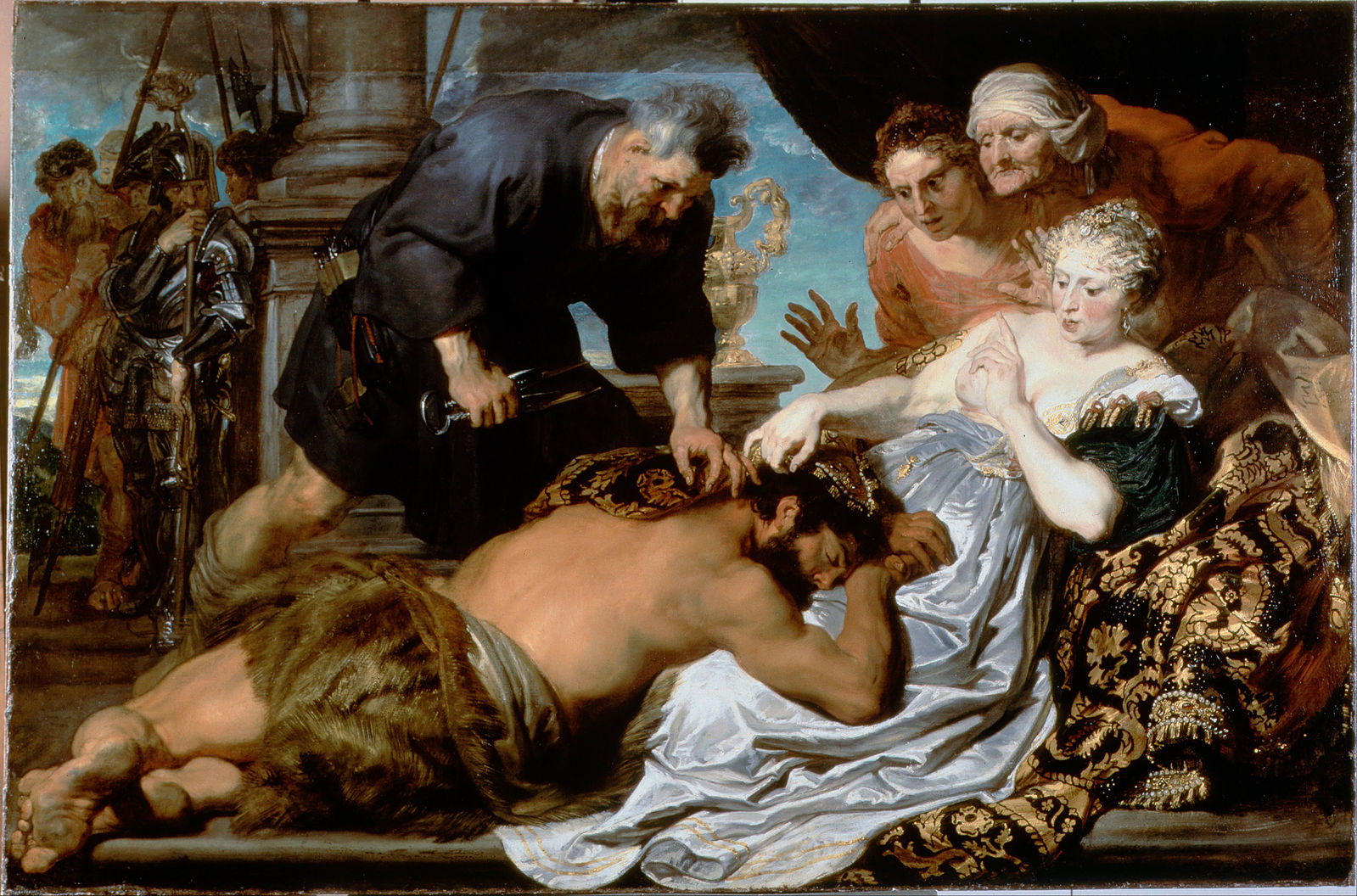
In our society, women who buck social expectations by loving how and who they want, threaten the livelihoods of men and women who are fully invested in an oppressive system. They defy all that we’ve been told about female chastity, purity, fidelity, loyalty and emotionallabor. They challenge our beliefs about which women are ‘lovable’ and and the terms of the love. They foil our caste systems of desire.
And they are powerful.
That’s what scares us the most.
To render any lover spellbound is form of power, but especially when that lover is a man. A captivated man is taboo in a culture centered around male domination and control.
Right now I’m talking about a power beyond sex, but the power to plunge men deep into the emotional abyss where he may lose control— lose his ability to understand, to distance himself with logic, to detach and to resist. His own sexual destiny may be at the whim of a woman which really turns this who patriarchy thing on its head and the fear of such an occurrence is embedded in the culture.
Consider the most famous femme fatales in history.
Jezebel. Salome. Delilah. Cleopatra. The ubiquotious dark siren of 1940’s film noire.
What do they have in common?
A touch of evil.

These beautiful and beguiling pose a deadly threat to every man they encounter. Their pleasure comes at a steep price. She is his weakness, never his strength. They are seductive landmines stirring both desire and terror, and in the end, they must meet their demise lest men meet theirs.
But sometimes men do encounter, and fall for these powerful women, and the only death that ensues is the fragile ego that keeps him trapped in a system that denies him full love, acceptance, and wholeness too. Sometimes love leads to a pleasurable death, followed a powerful resurrection.
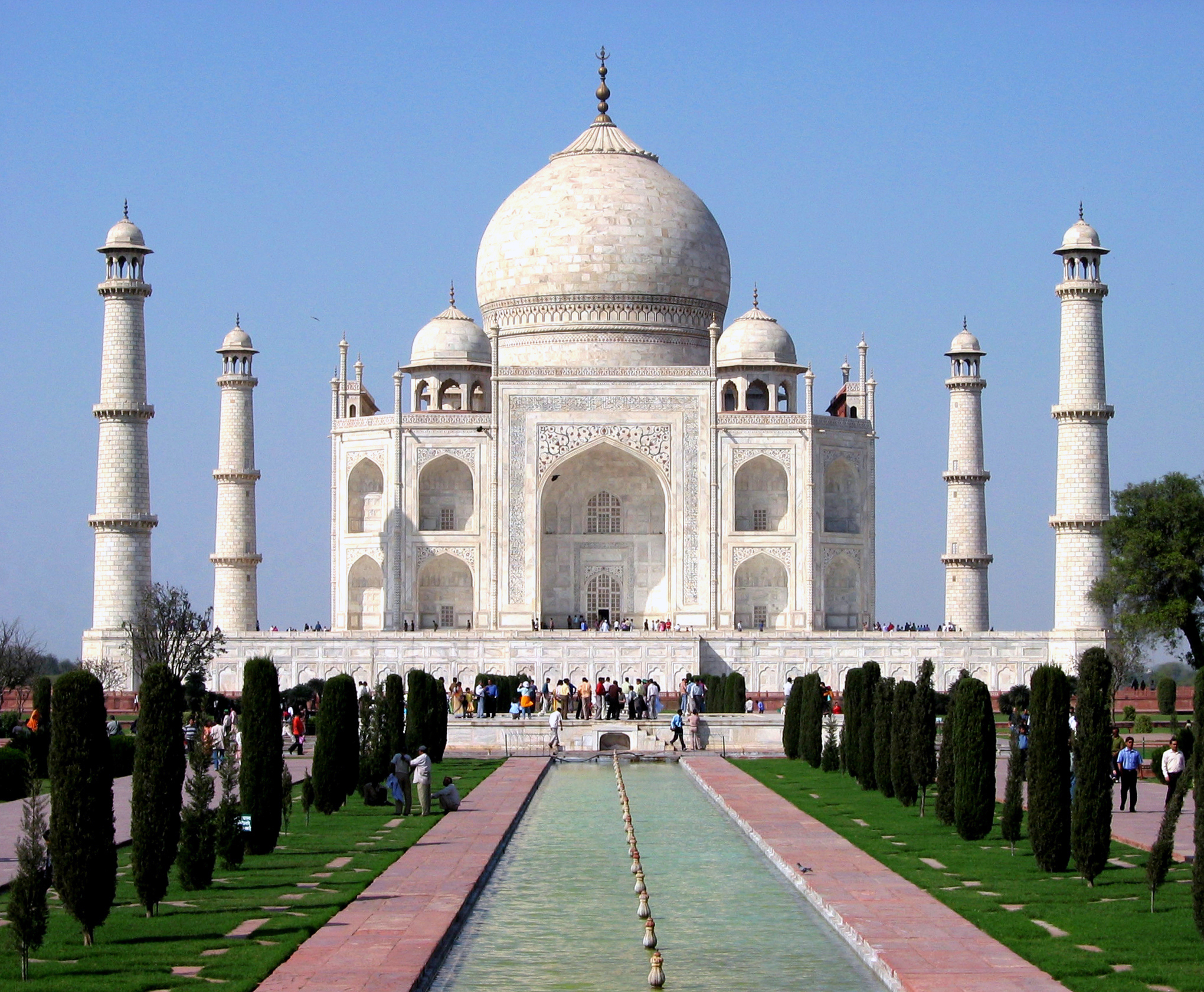
The world’s largest diamond was purchased for a woman. The Taj Mahal was created in honor of a woman. Some of the world’s most beautiful castles were erected for women . One might even argue that civilization itself is a testament to what men are willing to build in pursuit of female sex.
Since the beginning of time men have been demonstrating their love in extravagant ways because contrary to popular belief, powerful women really do inspire powerful love.
We should not feel threatened by women who evoke magnamious gestures of love, or even skeptical; we should be inspired. By freeing themselves from the tyranny of patriarchal attitudes, these women cease to enable toxic masculine behavior in their own lives, and often inspire the men in pursuit of their love to find their own psychic freedom, a gateway to self-love, healthy emotional expression, and ultimately communion.
Powerfully yours,
Ayesha
Want to dive really deep? Learn the ways women have cultivated their power and beguiling abilities since the beginning of time here.
The founder of Women Love Power®, Ayesha K. Faines is a writer, media personality, and brave new voice for feminine power and social change. Sought after for her provocative insights on culture, mythology and gender politics, she has been featured on MTV, Essence, Entertainment Tonight, The Michael Baisden Radio Show, AfroPunk, and Time among other media outlets. She’s traveled the world lecturing before a number of universities, and she pens a column for Zora Magazine that explores the intersection of love and power. She is best known as a featured panelist on “The Grapevine”. Ayesha is a graduate of Yale University and a former television journalist.
